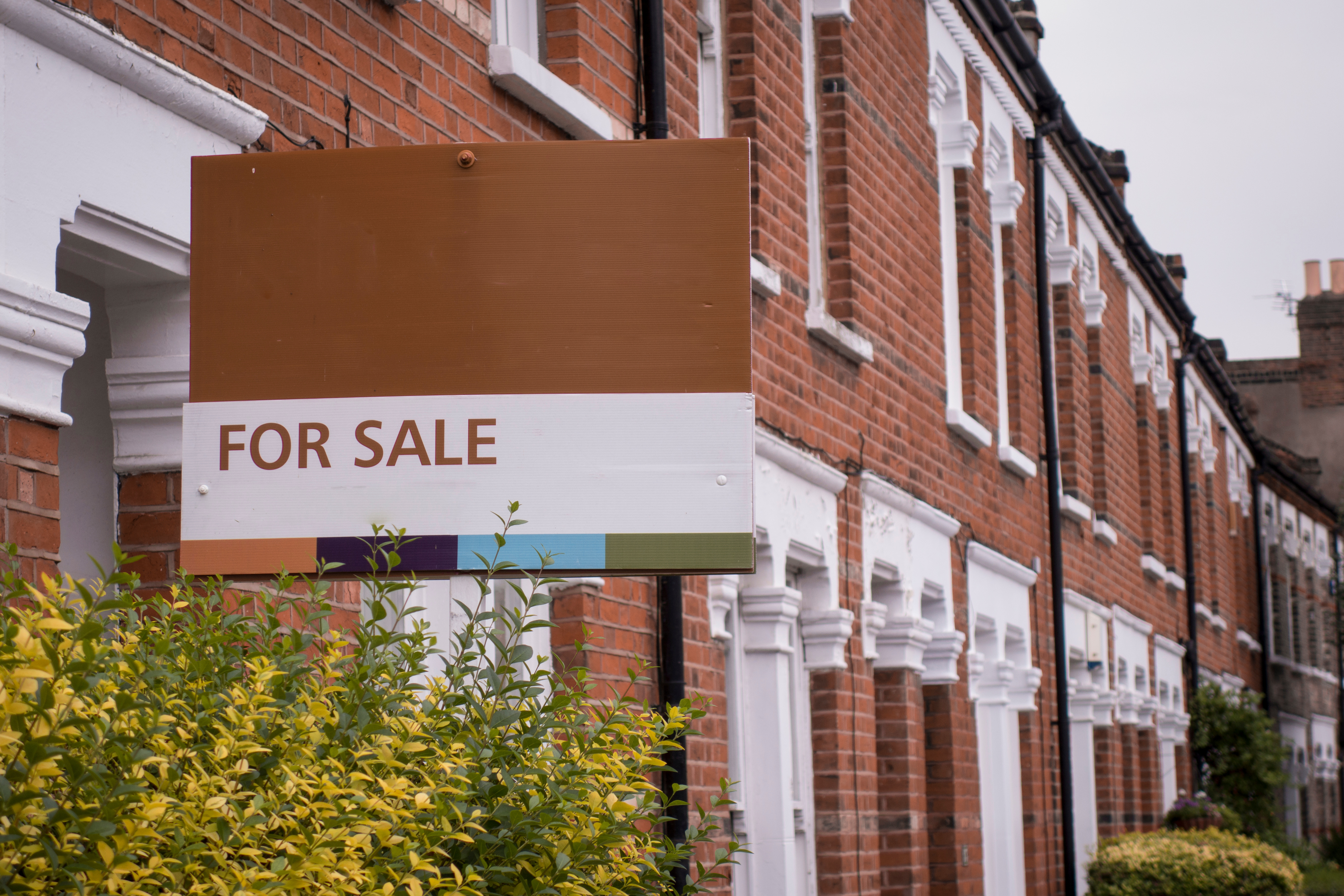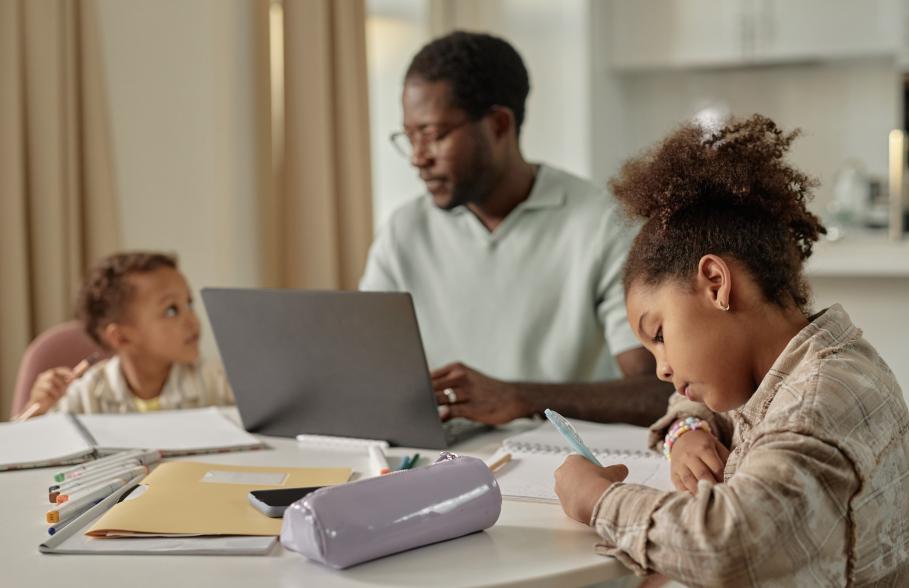There are times in life we have to make major financial decisions Here, we reflect on how your pension may be affected through those life events.
Buying a home
Buying your first home, or moving to a bigger home with a larger mortgage is a big financial step, and it's important to consider how it affects your pension planning.
While saving for a deposit, try to keep contributing to your pension so you don’t miss out on long-term growth. Try and find a good balance between saving for your new home and your long-term future. You could think about reducing your pension contributions while you are saving for a deposit. But be careful about stopping your contributions altogether as this might mean you miss out on your employer saving into your pension, and you could lose important life cover.
Using pensions for property – You can access pensions from age 55. It can be tempting to access a pension early and use any tax-free cash sum as a down payment on a property. While this can be a great idea, withdrawing pensions early could reduce your retirement income. Try to think long-term. If your pensions are lower, you will have less money to live off when you eventually stop working altogether.
Using property to fund your retirement – Relying solely on property for retirement can be risky, but it can be part of a broader retirement plan.
While property generally appreciates over time, market downturns can impact its value when you need to sell. You might not be able to choose when you sell a property if you need the money for your retirement.
Unlike pensions or investments, property isn’t easily converted into cash, especially if you’re living in it. When you do sell, this can give you a large amount of money up front. It's important to then think what you will do with this. Leaving the money ion your bank account will give you excellent financial security, but over time inflation is likely to erode your savings.
Some people buy a property and rent it out, and use this income in retirement. If you own rental properties, they can provide steady income, but managing tenants and maintenance can be demanding, especially as you get older.
Receiving an inheritance
Receiving an inheritance can give your pension planning a big boost. However, it can be a good idea not to rely on this too much. It can sometimes be hard to know how much you will eventually receive, and when.
You can put some or all of your inheritance into a pension, if you want to. If you put this money into a pension, the money will get tax-relief. You can put in up ton £60,000 a year, or 100% of your earnings if this is lower, and receive tax relief, but this amount includes any employer contributions already going in.




